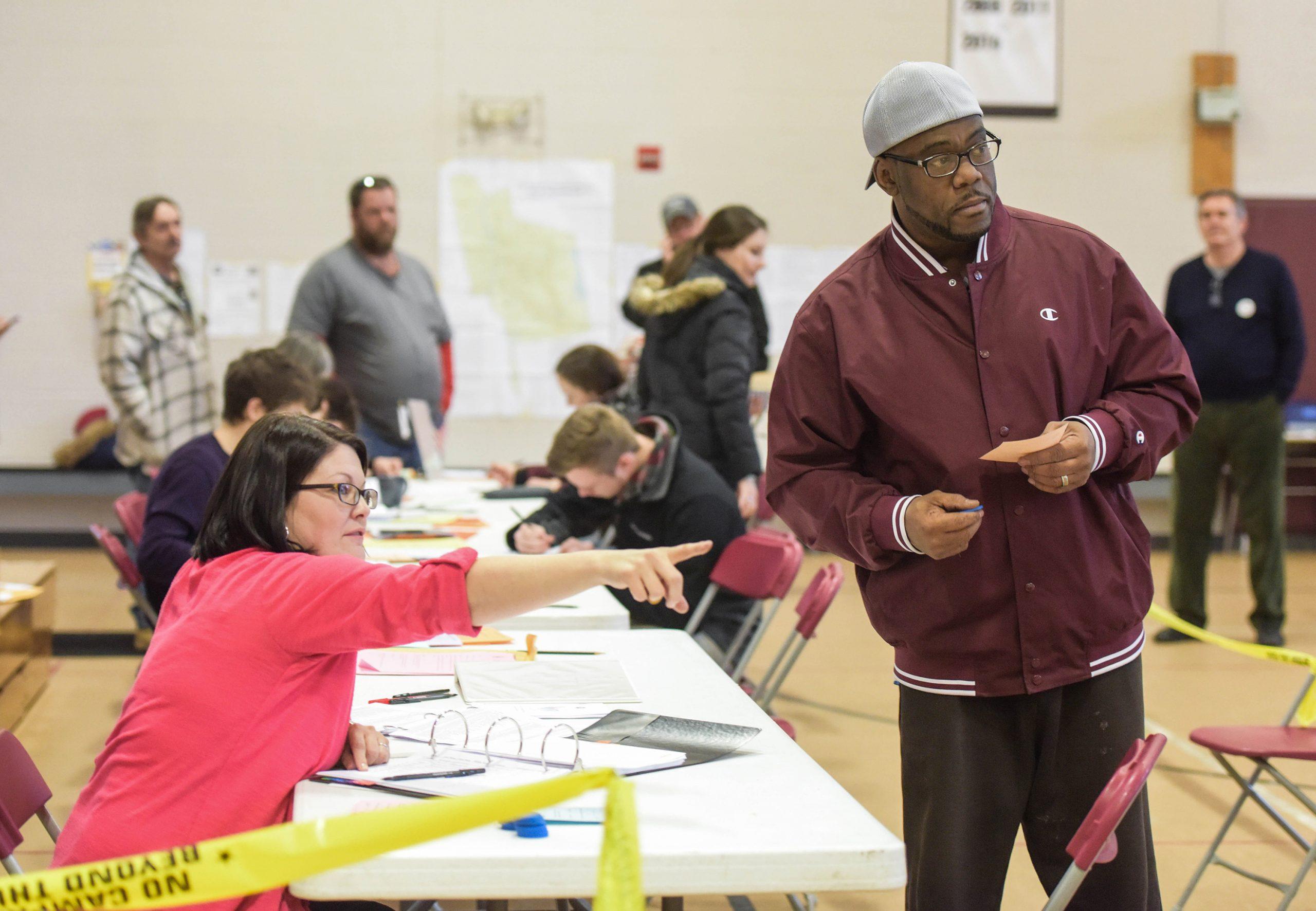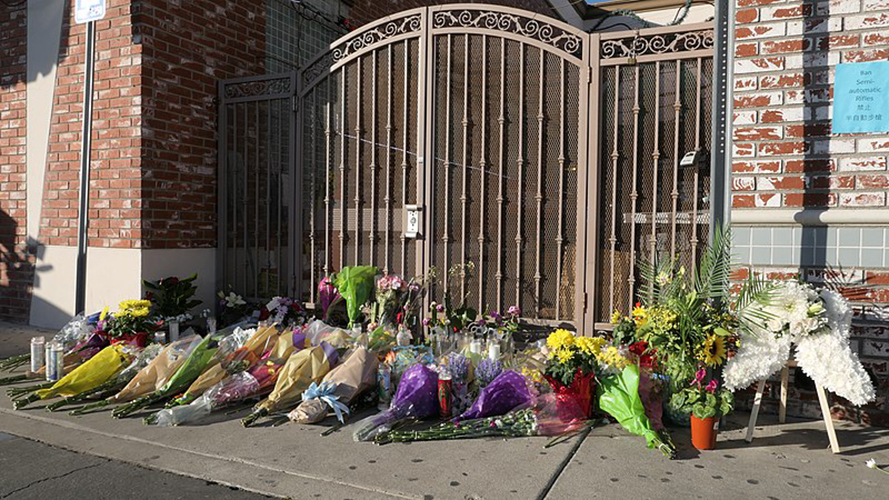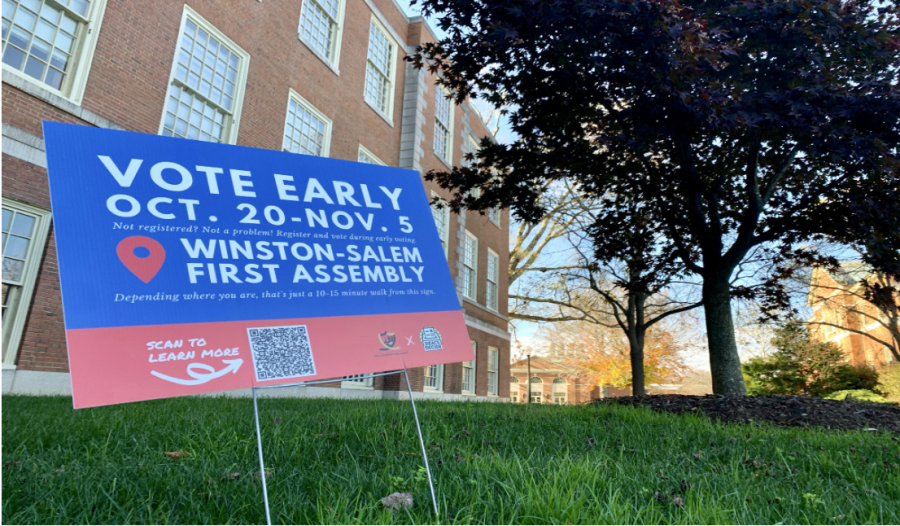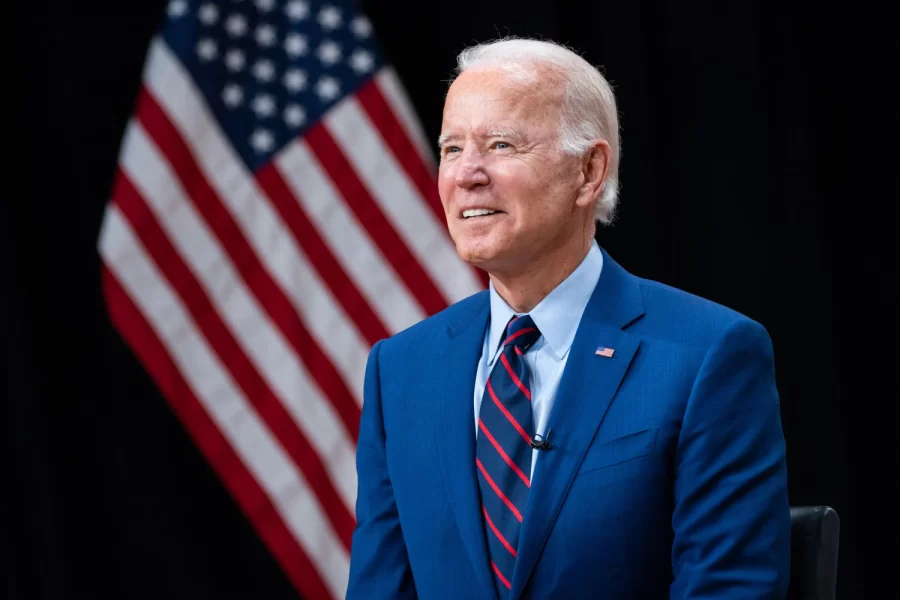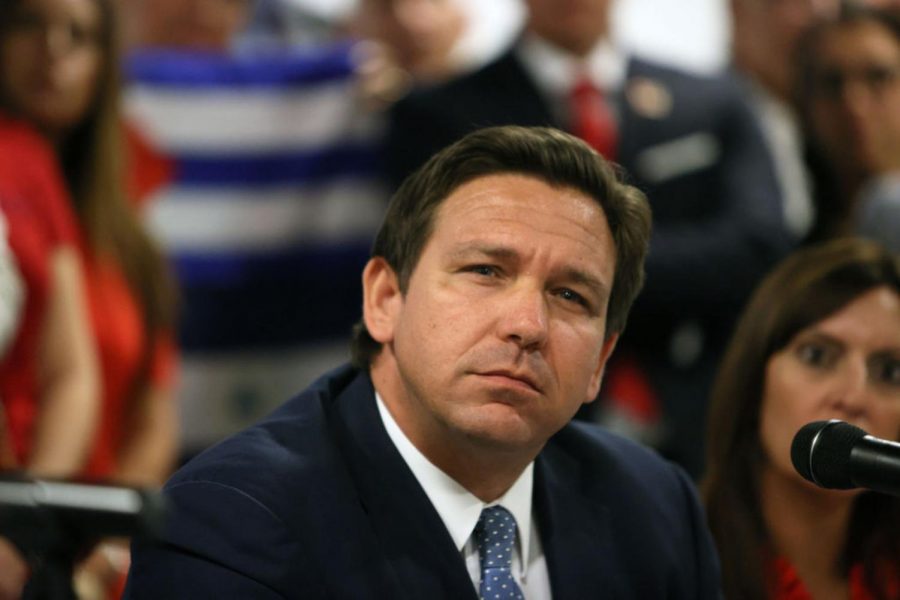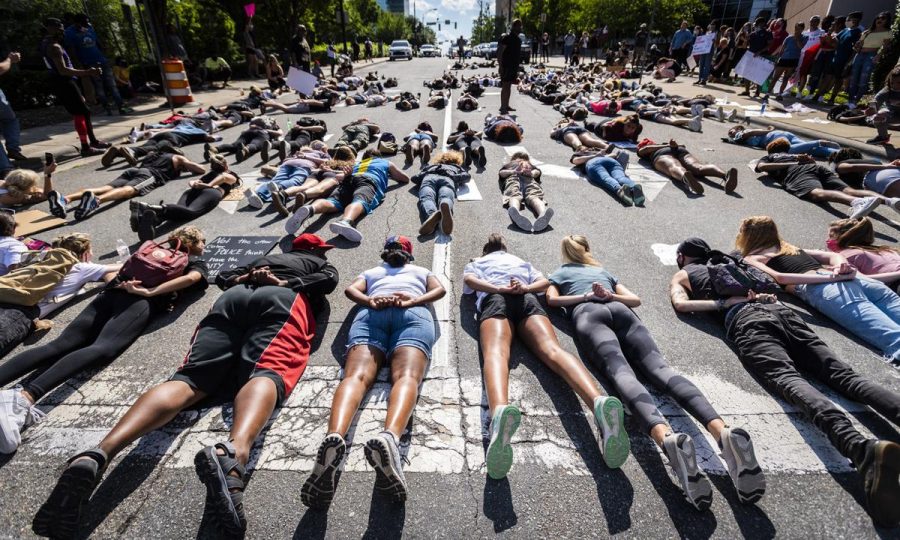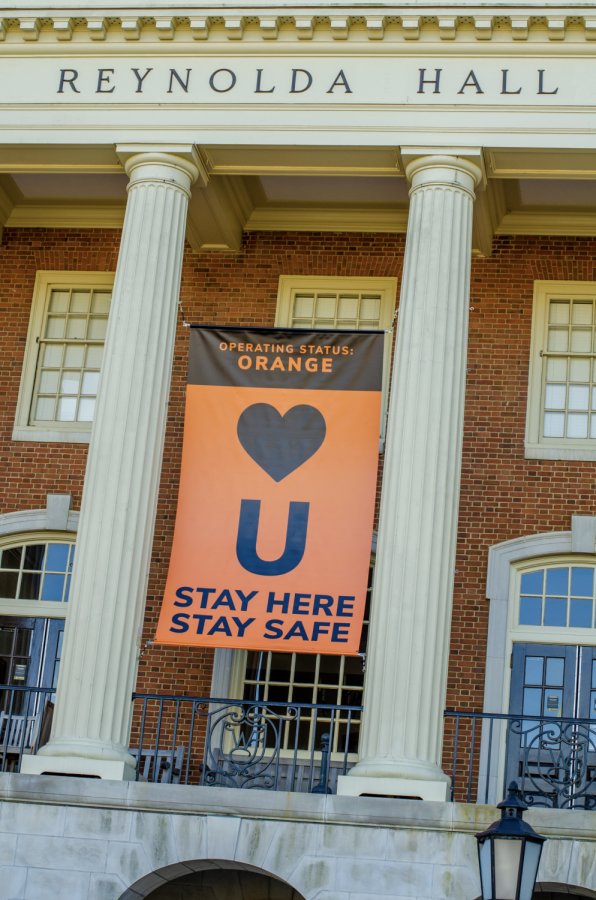Recent changes to voting laws in North Carolina may affect many residents’ ability to vote.
In addition to formally registering to vote during a certain period before the election, North Carolinians will now need to prove their identity at the voting booths.
The law, which was passed through the North Carolina legislature recently, will require every registered voter to show an ID card to be able to perform their civic duty in the upcoming elections.
Although there are a few exceptions, citizens will be required to show one of these specific forms of identification: a driver’s license, passport, military identification card, veteran’s identification card, specific tribal enrollment cards or North Carolina state identification cards.
Residents without any of the accepted ID cards can apply for a state identification card free of charge. Those included in this are the legally blind, homeless individuals and those over the age of 70. The law was enacted with the hopes of reducing and preventing voter fraud within the state.
Exceptions to showing a proper ID card — called “reasonable impediments” in the law — include illness, disability, work and familial obligations. These voters will sign a statement and provide their birth date and the last four digits of their social security number. This information will be confirmed before the vote will be taken into account.
“The law is new, so you know that voters as well as the election board are making sure that we try to understand it,” said Lamar Joyner, the interim Elections Director for Forsyth County, “and make sure that we can implement it properly and inform the voters as much as possible.”
Publicity of the law is crucial to making sure it is effectively implemented, as regular voters who would otherwise participate in the electoral process could be left behind due to a lack of having a proper ID.
“The State Board of Elections has put out press releases, TV commercials, billboards and radio commercials,” Joyner said. “Locally, the Forsyth County board has distributed information to schools, churches, voter drive groups and other public places where constituents are likely to see the information.”
The Forsyth County board recognizes the concerns many voters have with the first implementation of the law.
“Whenever we have a chance to speak with voters, we will do that — whether it be in person or on the phone,” Joyner said.
This law will be in effect starting with early voting for the March 15 Presidential primary, which begins on March 3.
Although election officials throughout the state note that they are confident that the implementation of this law will be successful, there are still critics of the law who believe that the law will restrict voting rights for vulnerable groups. Professor Sara Dahill-Brown, a faculty member in the politics and international affairs department, expressed concerns about the impact this law will have on voters.
“Most of the available evidence suggests that those increased costs and lessened opportunities will be more likely to affect Black and Latino voters,” Dahill-Brown said. “For example, ending pre-registration for high school students affects the young who are more racially diverse than older voters.”
The historical context of voter turnout in North Carolina and how similar laws have affected other states can help us understand this law.
“There can be little question that the election reforms adopted by the North Carolina legislature in 2013 raise the concrete costs of voting for all the state’s citizens and decrease the opportunities to register,” Dahill-Brown said.
Although this law is intended to prevent corruption and ensure accuracy in voting, there are concerns that that the law will prevent individuals from making it out to the polls. Dahill-Brown said that the laws may not be effective in preventing voter fraud.
“They impose a lesser burden on absentee voters, where most analysts agree that fraud is actually more likely to occur,” she said.
Tatenda Mashanda, an international student from Zimbabwe, is also not satisfied with the law’s new provisions. “The law is an attempt to disenfranchise the minority voters and the poor,” Mashanda said. “If U.S. elections are rigged, they are rigged, not by ineligible voters flocking to the polls, but rather by corporate cash which determines election outcomes. If anything, the state should be focusing on reforming the grossly undemocratic political system and limiting outpouring of corporate funding.”

